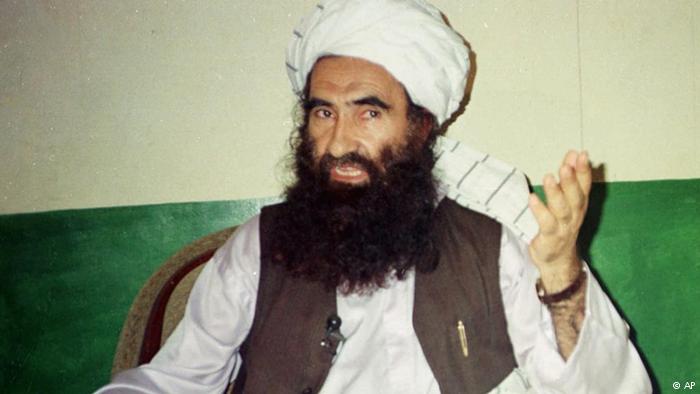The word “Haqqani” comes from Darul Uloom Haqqania, a Madrassa in Pakistan attended by Jamaluddin Haqqani founder of this Haqqani Network. The Haqqani family hails from southeastern Afghanistan and belongs to the Mezi Clan of the Zadran Pashtun tribe. Haqqani is believed to have studied in the Dar al-Ulum Haqqaniyaa madrassa in Pakistan.
During Taliban rule in Afghanistan Jamaluddin Haqqani was appointed the minister of tribal affairs, a position he held through 2001 when the U.S. invasion of Afghanistan ousted the Taliban. Because of ill health, Haqqani handed over operational control of the group to his son, Sirajuddin, who also acts as deputy leader of the Taliban. Khalil al-Rahman Haqqani, a U.S.-designated foreign terrorist, is a major fundraiser for the network. He has reportedly engaged in weapons training and distribution by the network.
The group is reportedly based in Miram Shah, a town in the Federally Administered Tribal Areas in northern Pakistan where it operates base camps for conducting activities, including weapons acquisitions, training of suicide bombers and logistical planning for military operations. In addition to its Taliban ties, the network has forged alliances with several militant groups, including al-Qaida, Tehreek-i-Taliban in Pakistan, the Islamic Movement of Uzbekistan and Pakistan-based Lashkar-e-Taiba, which has been accused of orchestrating a 2008 attack in India that killed 166 people. The network is believed to be holding several Western nationals, including two faculty members of American University who were abducted from Kabul last year.
Kabul and U.S. officials have long accused Pakistan’s Inter-Services Intelligence of covertly providing sanctuaries to the Afghan Taliban and the Haqqani network. The Haqqani network’s root values are nationalistic and religious. They want to eradicate Western influence and transform Afghanistan into a strictly Sharia-following state. They disrupt the Western military and political efforts in Afghanistan and driving them from the country permanently.
Currently, the group demands that US and Coalition Forces made up mostly of NATO Nations, withdraw from Afghanistan and no longer interfere with the politics or educational systems of Islamic nations.
Afghan officials and international terrorism authorities consider it the most lethal terrorist group in Afghanistan. The group is known to have effective tactical fighters, expertise in car bombs and suicide attacks, and influence in recruiting foreign jihadists. Its lethality and also its ability to conduct attacks in the most secure and most strategic locations across Afghanistan make it fearsome. It has been blamed for some of the deadliest violence in the country, including attacks on embassies in Kabul, the Afghan parliament building, local residents and U.S. military bases.
The group members range from 3,000 to over 10,000. The network is reportedly well-funded with support from various sources, including from wealthy Arab Gulf individuals. The network has also generated funds through criminal activities such as smuggling of Afghan mineral supplies.
Pakistan has persistently continued its decade-long policy of using proxy groups to project its power in Afghanistan. The National Security Archive at the George Washington University recently published a cache of unclassified documents which claim that “A large majority of the Haqqani Network (HQN) funding comes from the Quetta, Pakistan-based Taliban leadership.”
The Haqqanis have frequently been accused of targeting Indian installations in Afghanistan, spurring speculation they were overseen by Pakistani intelligence agencies. “It is by far the most lethal group, not just inside Afghanistan, but in South Asia in general,” said Ahmad Majidyar, a fellow at the Middle East Institute and an expert on Afghanistan-Pakistan security issues. “The group is more like a criminal mafia group rather than an insurgent group.”
The New York Times reported in September 2008 that Pakistan regards the Haqqani as an important force for protecting its interests in Afghanistan in the event of American withdrawal from there and therefore is unwilling to move against them. Pakistan presumably feels pressured that India, Russia, and Iran are gaining a foothold in Afghanistan. Since it lacks the financial clout of the other countries, Pakistan hopes that by being a sanctuary for the Haqqani network, it can assert some influence over its turbulent neighbour. In the words of a retired senior Pakistani official: “[We] have no money. All we have are the crazies. So the crazies it is.”
Disclaimer: The opinions expressed in this article are the personal opinions of the author. The facts and opinions appearing in the article do not reflect the views of NEWSD and NEWSD does not assume any responsibility or liability for the same.


















